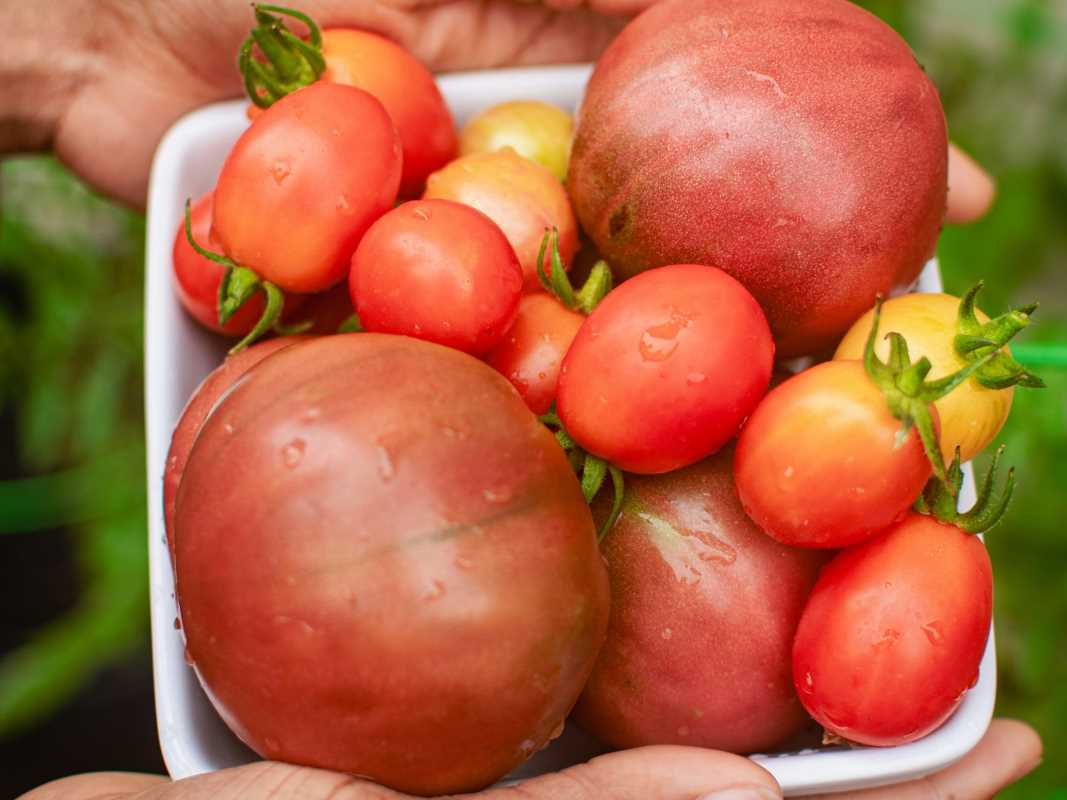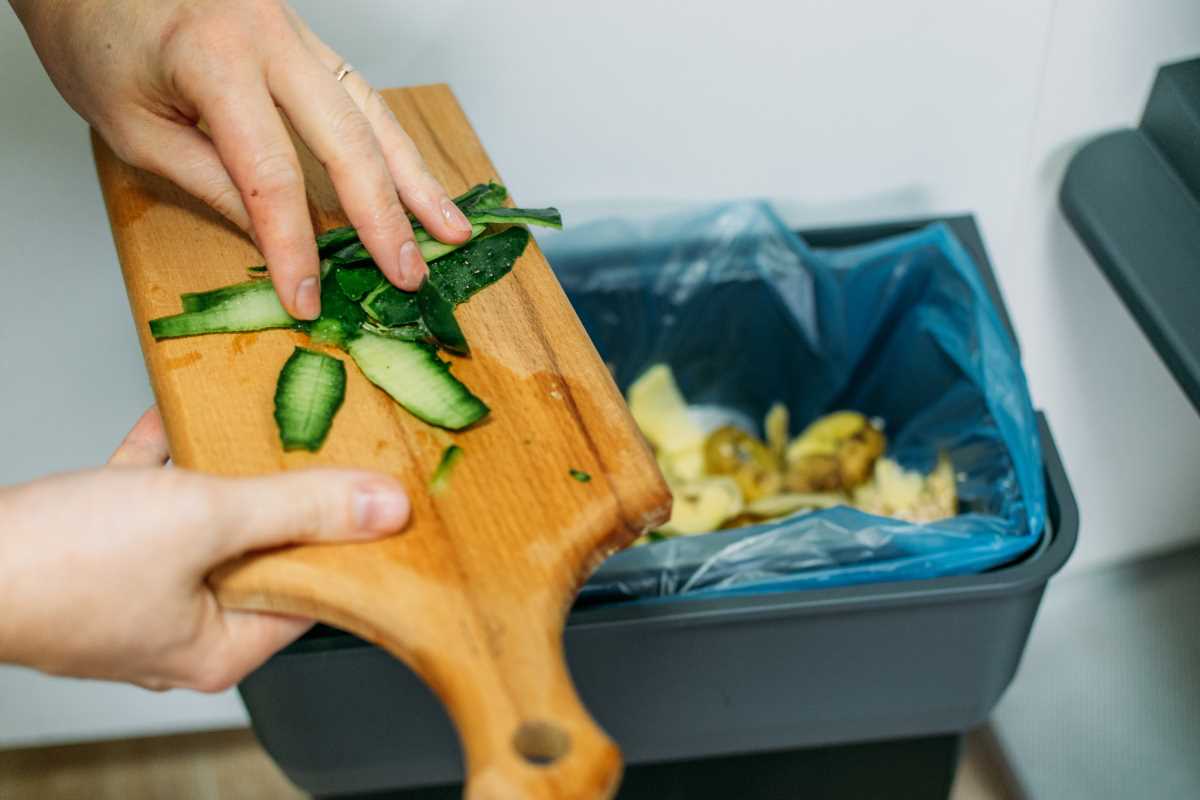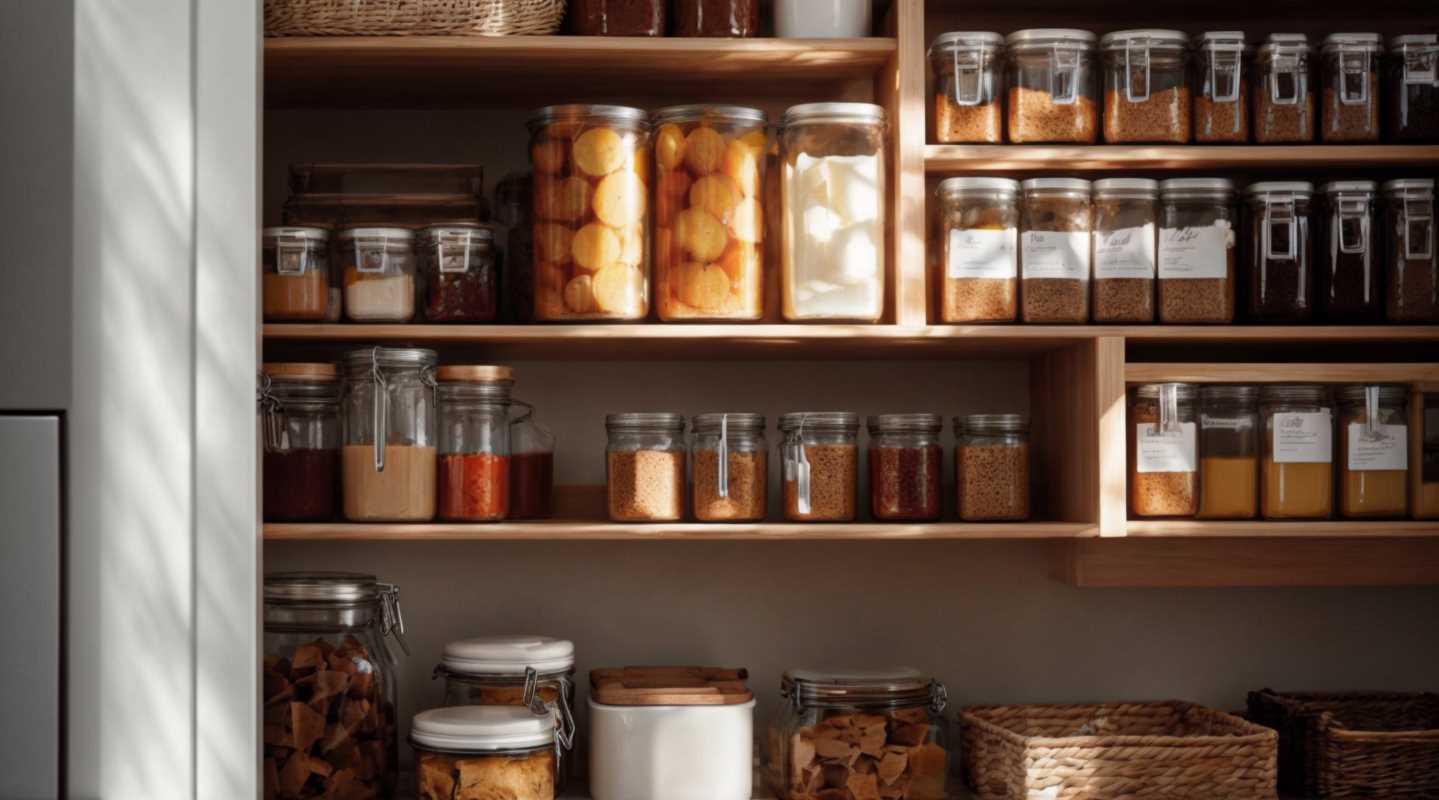Eating in a way that nurtures both our bodies and the planet is more than a modern trend—it’s a meaningful lifestyle choice rooted in respect for nature. When you connect your kitchen scraps to your garden through composting, you create a beautiful cycle that turns leftovers into life. This practice transforms food waste into rich soil, which in turn nourishes the vegetables and herbs you grow at home. The result? Fresh, flavorful meals made from ingredients you’ve cultivated yourself. This mindful approach reduces your environmental impact and brings greater awareness to the origins of your food, promoting healthier habits and deeper gratitude for what’s on your plate.
The Benefits of Composting for Sustainable Living
Composting provides numerous advantages that extend beyond reducing household waste. By adopting this practice, you help create a healthier environment and promote a more sustainable lifestyle. Here are some key benefits:
- Reduces Waste: Composting diverts organic waste from landfills, minimizing methane emissions and conserving landfill space.
- Enhances Soil Quality: Compost enriches the soil with essential nutrients, improving its structure and fertility without the need for chemical fertilizers.
- Promotes Biodiversity: Healthy soil supports a diverse ecosystem of microorganisms, insects, and plants, creating a balanced environment.
- Conserves Water: Compostable soil retains moisture more effectively, reducing the need for frequent watering and conserving precious water resources.
- Mitigates Climate Change: By recycling organic matter, composting helps sequester carbon, thereby lowering greenhouse gas emissions.
Getting Started with Home Composting
Starting your composting journey is simpler than you might think. Follow these steps to create a productive compost system right at home:
- Choose a Composting Method: Decide between a traditional compost bin, a tumbler, or a worm composting system based on your available space and preferences.
- Select a Location: Place your compost container in a well-ventilated area with partial sunlight to facilitate decomposition.
- Add Organic Materials: Start layering green materials like fruit scraps and vegetable peels with brown materials such as dry leaves and cardboard to maintain a balanced carbon-to-nitrogen ratio.
- Maintain Moisture Levels: Keep the compost moist, similar to a damp sponge, by regularly watering it and ensuring adequate airflow to prevent odors.
- Turn the Pile: Every few weeks, turn the compost to aerate it, speeding up the decomposition process and ensuring even nutrient distribution.
- Harvest the Compost: In a few months, your compost will become dark, rich soil ready to nourish your garden.
Using Compost in a Home Garden
Once your compost is ready, it's time to use it by cultivating your very own home garden. Compost acts as a natural fertilizer, enhancing soil structure and promoting healthy plant growth. Start by mixing compost into your garden beds or using it as a top dressing around your plants to provide essential nutrients.
Growing your own food reduces your carbon footprint and ensures that you have access to fresh, organic produce. From aromatic herbs to vibrant vegetables, a home garden can be a rewarding and sustainable source of nourishment for you and your family.
Creative Meal Ideas from Your Garden
Harvesting ingredients from your garden opens up a world of culinary possibilities. Embrace seasonal and local produce to create meals that are both delicious and eco-friendly. Here are some creative ideas to inspire your kitchen adventures:
- Spring: Enjoy a fresh asparagus and pea salad tossed with a light vinaigrette, perfect for brightening up your meals.
- Summer: Grill your homegrown tomatoes and zucchini, pairing them with herbs like basil and oregano for a flavorful summer dish.
- Autumn: Prepare a hearty pumpkin soup using your own pumpkins, enriched with nutrient-dense greens from your garden.
- Winter: Create a comforting stew with root vegetables and kale, offering warmth and sustenance during the colder months.
By utilizing what's in season, you support your local ecosystem and enjoy the freshest ingredients straight from your garden to your table.
Incorporating Sustainable Practices in Daily Life
Sustainability extends beyond composting and gardening. Integrate eco-friendly habits into your everyday routine to make a significant impact. Start by minimizing single-use plastics, conserving water, and choosing energy-efficient appliances. Consider transitioning to a plant-based diet, which typically requires fewer resources and generates less waste.
For those looking to deepen their commitment, exploring the compost plate can be an excellent step toward understanding the interconnectedness of food waste and sustainable living.
Adopting sustainable eating from compost to plate enriches your food connection and benefits the planet. Composting, gardening, and choosing seasonal produce lead to healthier meals and a sustainable lifestyle. Begin today for a more fulfilling future.
 (Image via
(Image via





